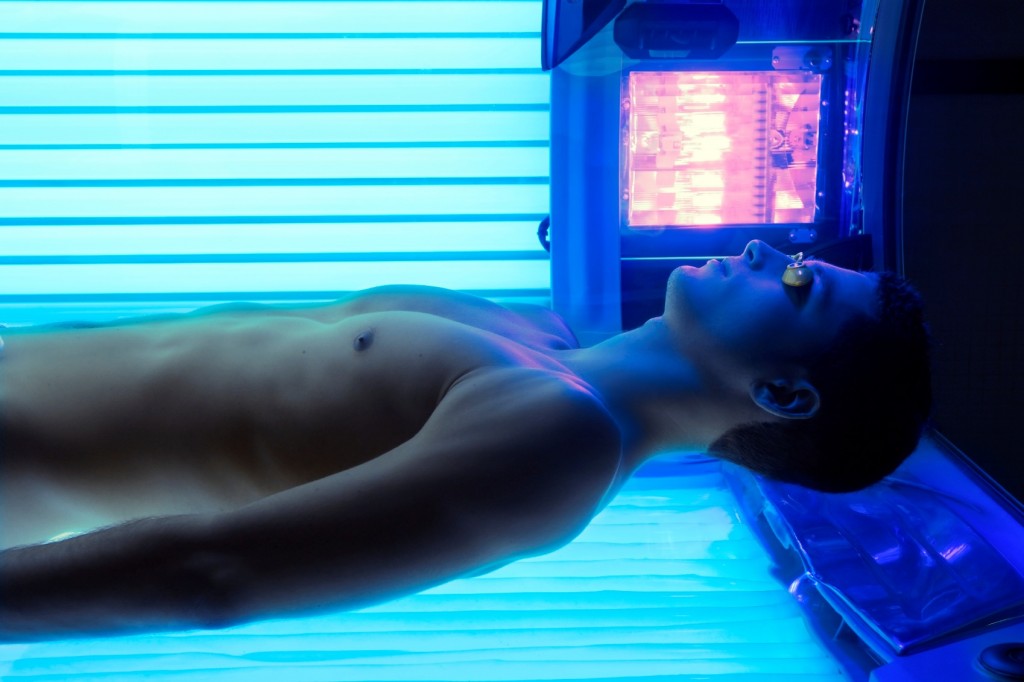Gay and bisexual men are more likely to get skin cancer, according to a new study
The research was undertaken by Brigham and Women's Hospital in Boston
By Steve Brown

Words: Steve Brown
Gay and bisexual men are more likely to get skin cancer, according to a new study.
According to research by Brigham and Women’s Hospital in Boston – which was collected from around 450,000 adults every year from 2014 – the rates of the disease are higher among gay and bisexual men compared to heterosexual men and women.
Researchers found that the rate of skin cancer was 8.1 per cent among gay men and 8.4 per cent among bisexual men.
But for heterosexual men the rate decreased to 6.7 per cent and for heterosexual women it was lower to 6.7 per cent.
This was further reduced to 5.9 per cent and 4.7 per cent for gay and bisexual women, respectively, the Independent reported.
Dr Arash Mostaghimi, lead author of the research, said: “If we never ask the question, we’d never know that these difference exist.
“This information helps inform the nation about how to allocate health resources and how to train providers and leaders.
“When we look as disparities, it may be uncomfortable, but we need to continue to ask these questions to see if we’re getting better or worse at addressing them.”
Mostaghimi did add that there were shortfalls in the study as it did not account for risk factors for skin cancer, such as UV exposure or Fitzpatrick skin type.
However, Mostaghimi did go on to explain that the discrepancies between sexualities could be linked to an increase in sunbed use among gay and bisexual men.
He continued: “Smaller studies have reported higher usage of indoor tanning beds among sexual minority men, a known risk factor for skin cancer.
“As a next step, we want to connect with sexual minority communities to help identify the cause of these differences in skin cancer rates.
“This is work that will need to be done thoughtfully but may help not just sexual minorities, but everyone.”
